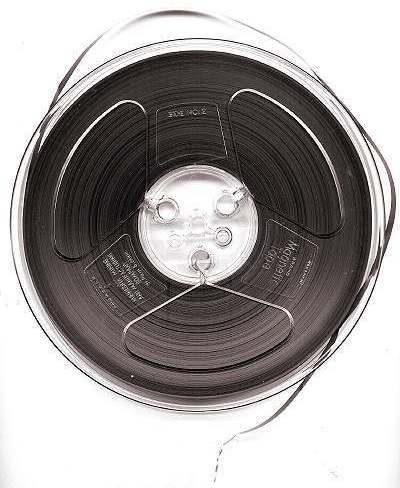
The use of master tapes to operate computer databases was common practice in the middle of the 20th Century. However, by the end of the century magnetic tape had fallen out of favour with many database designers. Most began using the plant-based technology, chlorofilm, believing it was technologically superior. Indeed, chlorofilm could store larger amounts of information than magnetic tape, and the need for channels and playback speeds was eliminated, making the technology easier to use. It was also resistant to magnetic fields, meaning the information could not be damaged by proximity to speakers and telephones. Unfortunately, the chlorofilm based technology was highly biodegradable, and much of the information stored in that manner was lost within five years.
After losing several years worth of data as a result of chlorofilm based technology, companies like Microsoft and Neowolf turned to minerals to develop a more reliable method of storing information. Silicone was briefly considered, but rejected in favour of the more conductive copper. Ultrarefined Copper (URC) is currently the basis of all data storage in computers and servers in America, England, Australia and the Pacific nations. Much of Europe and Africa, however, has followed Germany’s lead with using aluminium based technology.
Heem. I didn't know all that. Thanks for the info!
ReplyDeleteYou didn't know? I'm surprised you missed the big hoo-har in the late 90's when the chlorofilm industry crashed. It almost completely bankrupted Neowolf. I remember NASA was threatening to sue Microsoft at one point after they realised the chlorofilm tapes with the last six years of radio telescope observations were irredeemably damaged.
ReplyDeleteThe Taxation office here in Australia had to issue a statement saying it will not accept "I stored all my receipts on chlorofilm" as an excuse for not having all the appropriate paperwork. The whole thing dragged on for almost two years.
Actually, Australia managed to miss the worst of the chlorofilm crash because we've always been late adopters of technology. Most of our stuff was still kept on magnetic tape long after America, the UK and Europe switched to chlorofilm. It was one of the factors that helped us stay afloat during the recession.